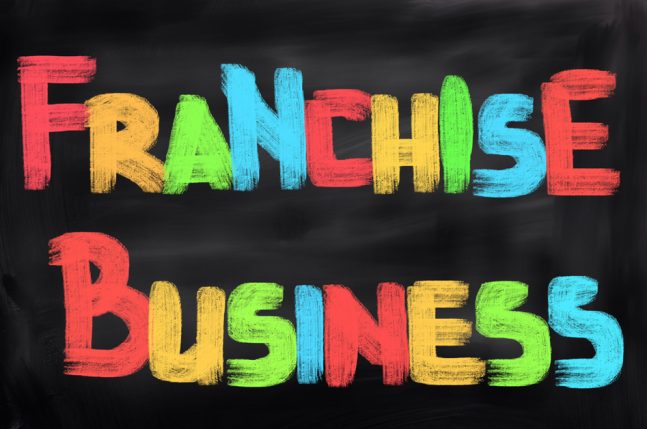
Before Leaving a Franchise
The best advice we can give you before leaving a franchise is the same as we would give before entering a franchise – read the franchise agreement and disclosure statement and, above all, get independent legal advice before you sign anything. This will help you avoid some of the more common pitfalls associated with buying a franchise business. Hindsight is a wonderful thing but we can’t turn back the clock and do things differently.
There are also circumstances which occur that are not envisaged by the Franchisee and which are outside the Franchisee’s control. These include:
- the death or serious illness of a key person within the franchisee’s business;
- an economic downturn;
- the introduction of new technology which renders the Franchisee’s product obsolete (think DVD rental stores!).
Irrespective of why you need to leave your franchise business – get some independent advice before you do anything!
What happens when the franchise business is not performing and the franchisee is losing money?
One of the first questions we would want answered is whether this is due to something that has happened recently or has the business not performed from the beginning? If the franchise business has been significantly below expectations is it possible that the franchisor or vendor of the business misrepresented the business viability? If so the franchisee may be able to claim damages against the franchisor and/or the vendor.
If the downturn has happened recently is it something that was anticipated in the franchise agreement and what are the franchisee’s rights and obligations?
Sometimes the simplest (and cheapest) solution is to find a buyer for the business. Of course, if the business is not performing well this may be easier said than done. It may also mean taking a financial hit to get out of the franchise agreement. Your accountant will be able to provide you with a detailed assessment of your financial position and a projection of how things may look financially at the end of the term of the agreement if no buyer can be found. If a buyer can be found the remainder of the term of the agreement will be transferred to that buyer.
Will the Franchisor help me?
Most Franchisors will do their best to help a Franchisee get the business back on track. After all, it is in the interests of the Franchisor to have the Franchisee running a successful business. If the business is not performing well it is very likely that the Franchisor will already have advance notice of this situation via the revenue reports and information provided to the Franchisor.
The Franchising Code of Conduct (“the Code”) was introduced on 1 January 2015 and affects all franchise agreements entered after that date. A key component of the Code is the obligation of both parties to act in good faith. It is important to have an open discussion with the Franchisor about the options available to you. By the same token it is not advisable to signal to the Franchisor your intention to walk away from the business as this may constitute an event triggering termination of the franchise agreement. Walking out of the franchise agreement is not a prudent option as the fees payable for the remainder of the term of the agreement will be become due and payable and there will inevitably be other termination fees specified in the agreement that need to be paid.
It is essential that you consider all your options and then make an informed decision as to how you proceed.
Negotiating with the Franchisor
If, during the term of your franchise agreement your relationship with the Franchisor has been cordial and productive, the topic of exiting the franchise agreement will be easier to raise. If not it may be desirable to engage a lawyer to liaise with the Franchisor.
As with any negotiations you should not proceed unless you have some specific goals in mind. Depending on the terms of the franchise agreement and your relationship with the Franchisor these outcomes may include;
- Reducing the franchise fees until a buyer is found;
- Obtaining the assistance of the Franchisor in locating a buyer for the business;
- Selling the franchise back to the Franchisor;
- Reducing the term of the franchise agreement so that a timed exit will occur which will suit you and the Franchisor;
- Selling the Plant and Equipment to the Franchisor; or
- Negotiating an exit with the Franchisor on condition that the termination fees will be waived.
You should be aware that an early exit from a franchise agreement is not going to provide you with the financial reward you would otherwise achieve by selling your business (and transferring the franchise agreement) to an eager and “cashed up” buyer.
It is imperative that you instruct a lawyer with appropriate experience to;
- Advise you of your current position;
- Provide you with suitable options; and
- Assist you with formulating a binding agreement that protects you.
For further information please contact Danny Beger on 8362 6400 or email Danny Beger. Join our mailing list to receive updates and advice on current issues.







